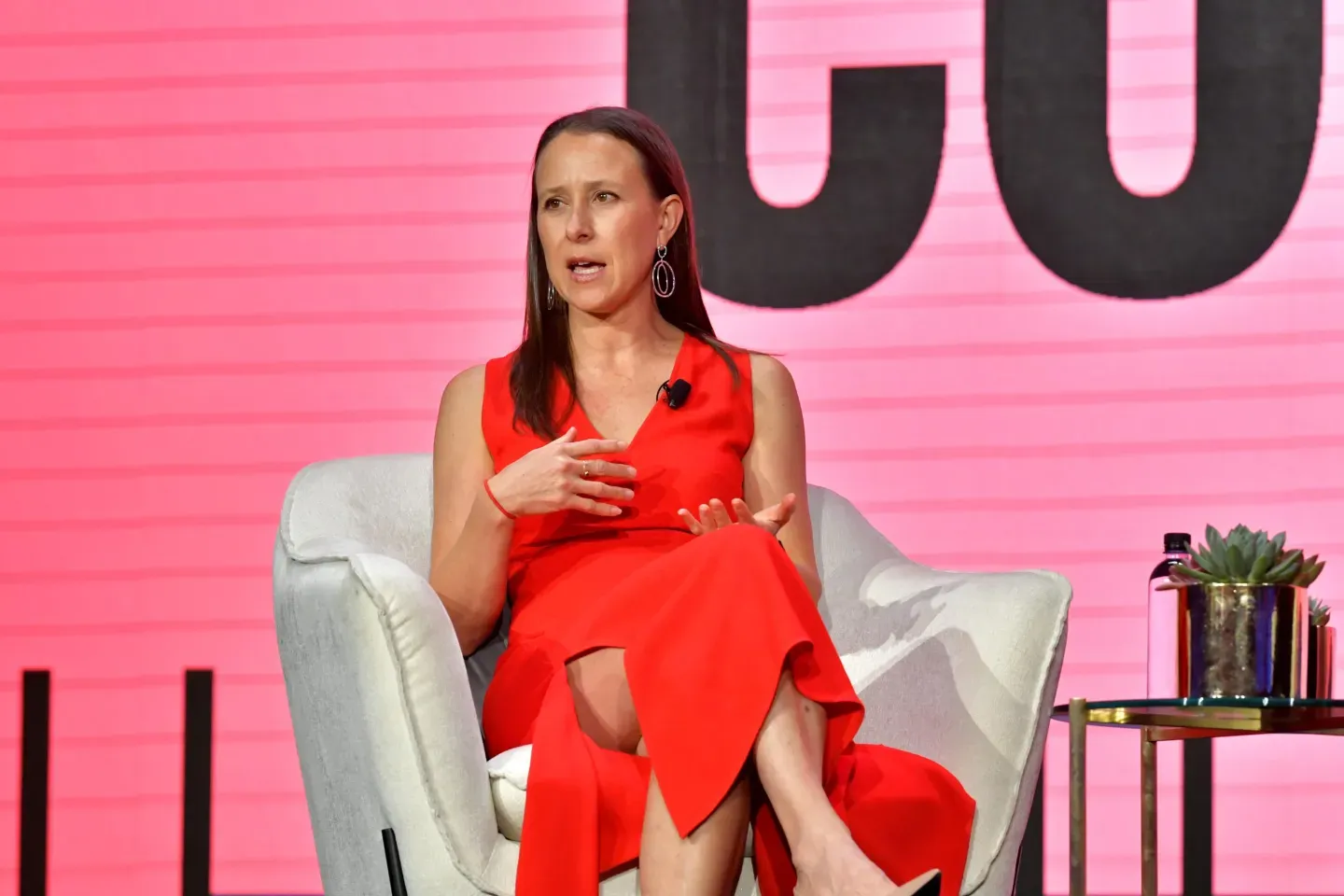Anne Wojcicki’s Bold Move: Is 23andMe Set to Go Private Again?
In a surprising turn of events, Anne Wojcicki, the CEO of 23andMe, has proposed taking the company private once again. This proposal comes on the heels of a previous attempt in 2024, amid a backdrop of financial struggles and leadership uncertainties. With the company’s stock price languishing below $1 and its valuation plummeting by 98% from its peak of $6 billion six years ago, the question arises: can Wojcicki steer 23andMe back to stability?
The genetic testing company, once hailed as a leading tech startup in its field, has faced significant challenges that have raised concerns about its financial viability. The recent resignation of the entire board in October 2024 has only added to the uncertainty surrounding the company’s future direction. Wojcicki’s proposal to acquire shares at $2.53 each values the company at approximately $74.7 million, a stark contrast to its previous valuation.
Financial Struggles and Company Valuation
The financial state of 23andMe is troubling. The company reported a net loss of $59.1 million in its most recent quarter, highlighting ongoing challenges in generating revenue. Investors have expressed concern as the stock price continues to hover around the $1 mark, prompting fears about the company’s long-term sustainability. This decline in stock price has led to questions about whether Wojcicki’s proposal is a strategic move to safeguard her leadership or a genuine attempt to revitalize the company.
Wojcicki’s proposal comes at a time when the company is also grappling with criticism regarding its business model. Analysts have pointed out that 23andMe’s reliance on one-time DNA tests limits its ability to generate recurring revenue. The company has attempted to address this by focusing on consumer business and subscription services, but the effectiveness of these strategies remains to be seen.
Leadership Crisis and Employee Feedback
The resignation of the entire board has raised eyebrows and sparked discussions about the leadership dynamics at 23andMe. Wojcicki has faced scrutiny for the company’s performance, leading her to actively seek feedback from employees to address concerns. However, the rejection of her take-private offer by the board indicates ongoing tensions and differing visions for the company’s future.
“It’s a challenging time for us, but I believe in the potential of our technology and our team,” Wojcicki stated in a recent interview. This optimism stands in stark contrast to the realities facing the company, as many employees and investors are left wondering about the path forward.
Legal and Ethical Concerns
Wojcicki’s proposal has raised potential legal and ethical concerns among investors. With Wojcicki holding 49% of the company’s voting power, some shareholders worry about conflicts of interest that may arise from her attempt to take the company private. If the deal proceeds, disgruntled shareholders could pursue lawsuits, claiming that the offer undervalues the company and its assets.
The company’s significant genetic database, comprising data from over 15 million individuals, remains a valuable asset. However, recent data security incidents have further complicated the company’s reputation, leading to a decline in consumer trust. As 23andMe navigates these challenges, the importance of maintaining ethical standards and transparency becomes paramount.
The Road Ahead
Despite the hurdles, Wojcicki remains optimistic about the company’s potential for recovery. She has emphasized the importance of focusing on the consumer business and subscription services to drive revenue growth. However, the board’s decision regarding her proposal will play a crucial role in determining the company’s future.
As analysts weigh in on the situation, many suggest that despite current challenges, 23andMe still holds value due to its extensive genomic data and previous partnerships with major pharmaceutical companies. The future of the company hinges on how effectively it can leverage these assets while addressing its financial and operational hurdles.
Conclusion
Anne Wojcicki’s bold move to take 23andMe private again reflects a desperate attempt to regain control and steer the company back to stability. However, the rejection of her proposal by the board raises questions about the company’s leadership and vision. As the company grapples with financial struggles, a tarnished reputation, and a shifting business model, the coming months will be critical in determining whether Wojcicki’s optimism can translate into tangible results.
In the ever-evolving landscape of genetic testing, 23andMe must navigate these tumultuous waters with a clear strategy and a renewed focus on consumer trust. The stakes are high, and the outcome of Wojcicki’s proposal may very well shape the future of this once-promising company.






Leave a Comment